This helps against insect bites
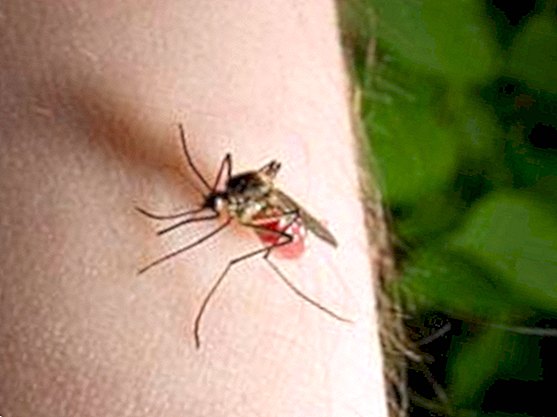
mosquitoes
 © iStockphoto / Thinkstock
© iStockphoto / ThinkstockFrom June, mosquitoes are particularly aggressive. With their pronounced sense of smell, they follow the scent trail of their victims. Especially the lactic acid in sweat and human blood attracts them. If the mosquito has stung her victim, she injects first a little saliva into the puncture site to prevent the blood from clotting.
What is the danger of them? Since the saliva of the mosquito also contains allergy-causing substances, hypersensitive reactions are possible. If, after the mosquito bite, there are acute symptoms such as headache, nausea, respiratory or circulatory problems, you should be treated immediately by a dermatologist or allergist.
How can I protect myself? The most effective method is the prevention of insect bites - for example through nets on windows and patio doors.
What to do if I was stung? Mosquito bites are usually more harmless than the sting of a bee or hornet. To relieve itching and redness, apply clove oil or arnica tincture to the puncture wound.
Bees - useful but dangerous for allergy sufferers
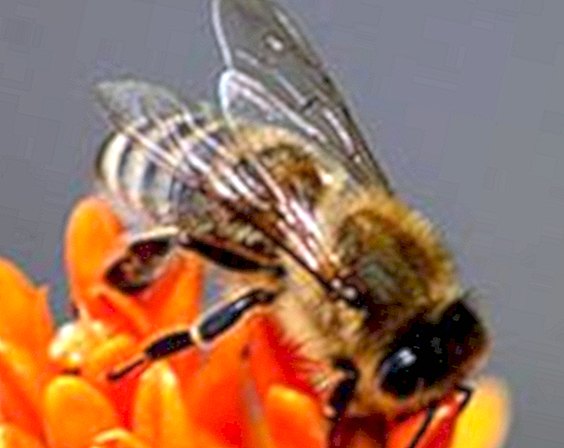 © micjan / Photocase.com
© micjan / Photocase.comBees live in large colonies that survive even the coldest winters. They have their high season in summer, during which time they multiply.
What is the danger of them? Bees only attack when they feel threatened. That's the case, of course, when they get caught in someone's hair. The sting of the bee is barbed - it sticks in the wound in one stitch.
A bee sting is only dangerous for allergy sufferers. Anyone who has symptoms such as shortness of breath, dizziness or nausea should definitely call an ambulance. Even with stings in the oral cavity, the emergency physician is to be informed immediately, as the respiratory tract can swell through the bee venom. In this case, there is acute danger of suffocation.
How can I protect myself? Headgear prevents bees from getting caught in the hair. To protect the entire body from possible attacks, long, tight-fitting clothing is recommended.
What to do if I was stung? Carefully remove the sting with tweezers, without pressure on the hanging poison pouch. This will prevent more poison from leaking out.
Tips on how to alleviate swelling can be found on the last page under Tips and home remedies.
wasps
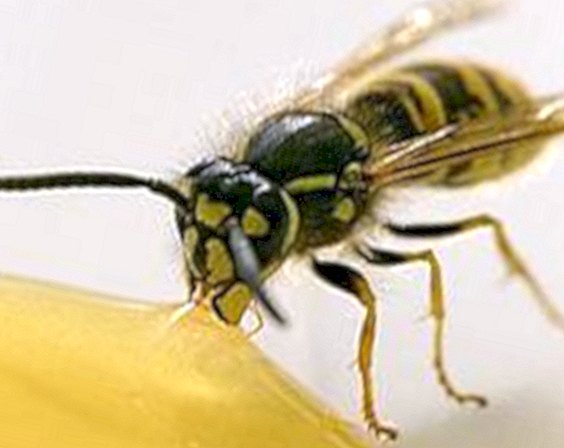 © RARO / Fotolia
© RARO / FotoliaIn August and September, wasps have high season. On hot, humid summer days, they are particularly stingy.
What is the danger of them? Like bees, wasps sting only when they feel threatened. Hectic movements put them on alert. Unlike bees, wasps have a smooth spine that they can pull out and reuse.
Caution: When wasps feel threatened, alarm pheromones are released, causing other animals to sting. Particularly threatening is the wasp venom for allergy sufferers. Life threatening even for non-allergy sufferers are stings in the mouth and throat. The respiratory system swells, you can choke on it.
How can I protect myself? Try to stay calm near Wasp. Do not make any hectic movements. Avoid fruit trees, as wasps are attracted to the scent of ripe fruit.
A trick to keep wasps away from the coffee or lunch table: decorate the table with lemon slices peppered with cloves. Do not place wasp traps on the table as they attract the animals in droves. Cover the food with mesh hoods and check before drinking that no wasp is floating in your drink.
Tip: Use thin straws when drinking outdoors.
Hornets
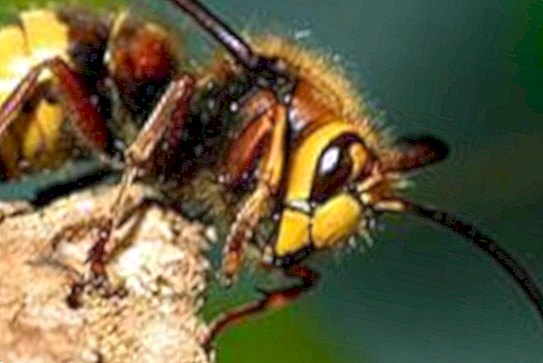 © age / mauritius images
© age / mauritius imagesHornets are much larger than wasps and also striped brown-yellow. The usual hornet season starts in May and ends in October.
What is the danger of them? The proverb "7 stitches kill a horse, 3 stitches one man" is grossly exaggerated. The sting of hornets is more painful than that of wasps, but the hornet poison is usually not fatal. An exception are people who are allergic to insect bites. Swelling is not an allergic reaction yet. A clear diagnosis provides a test at the allergist or dermatologist.
How can I protect myself? The same rules apply as for wasps. Cover especially sweet food. Do not drink from dark bottles or cans, but only from containers where you can see the drink.
bumblebees
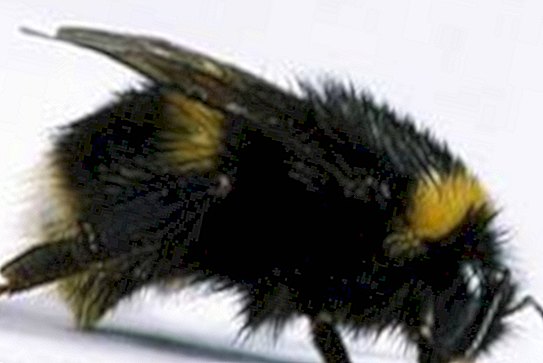 © DK Images / Mauritius images
© DK Images / Mauritius imagesThe typical characteristics of the bumblebee are the plump physique and the dense fur. From May to the autumn she is on the way to pollinate flowering plants.
What is the danger of them? Despite their terrifying size, bumblebees are harmless to healthy people. They only sting when they feel threatened.
How can I protect myself? Be careful when walking barefoot on the floor. Bumblebees prefer low-lying cavities during nest building, such as underground burrows of other species. Special care should be taken here in people with a tendency to allergic reactions.
fly
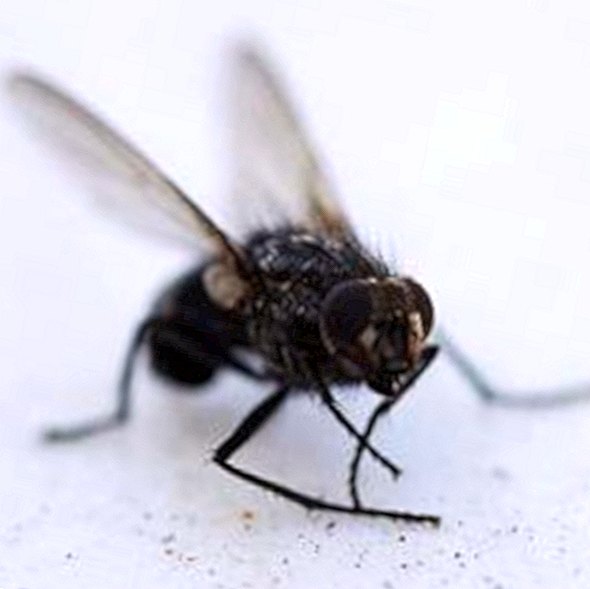 © schiffner / Photocase.com
© schiffner / Photocase.comFlies are attracted to repulsive smells. With their pronounced sense of smell they locate rotting animal or vegetable substances to lay their eggs on it.
What is the danger of them? Although flies do not sting, they are true bacteria flingers. They transmit putrefactive germs and pathogens, which in the worst case can cause inflammation in the gastrointestinal tract.
How can I protect myself? Prevent flies from coming into contact with food, for example through nets or other covers. The hunt with the fly swatter will not solve the problem permanently, but flies multiply too fast.
Those who want to get rid of flies should aim for their sensitive organ of smell. Arrange flat containers with lavender or laurel oil or rub the windows with vinegar. Even the smell of fresh stinging nettles, basil or castor plants keeps the annoying troublemakers away.
You were stung? Tips and home remedies
As a quick emergency aid are simple, easy to handle home remedies. Place a sliced onion or wet salt on the puncture site. This helps relieve the itching pain and swelling.
After a bite on bees, wasps, hornets or bumblebees, cool the wound with ice-cold water, acetic clay or gel bags. After cooling, you can also treat the wound with ointments or creams that have a disinfectant and antiallergic effect. Let us advise you in a pharmacy.
For stings in the oral cavity, call the emergency doctor. Suck ice cubes on arrival. Allergy sufferers should always have a set of emergency medications with them in the summer.










